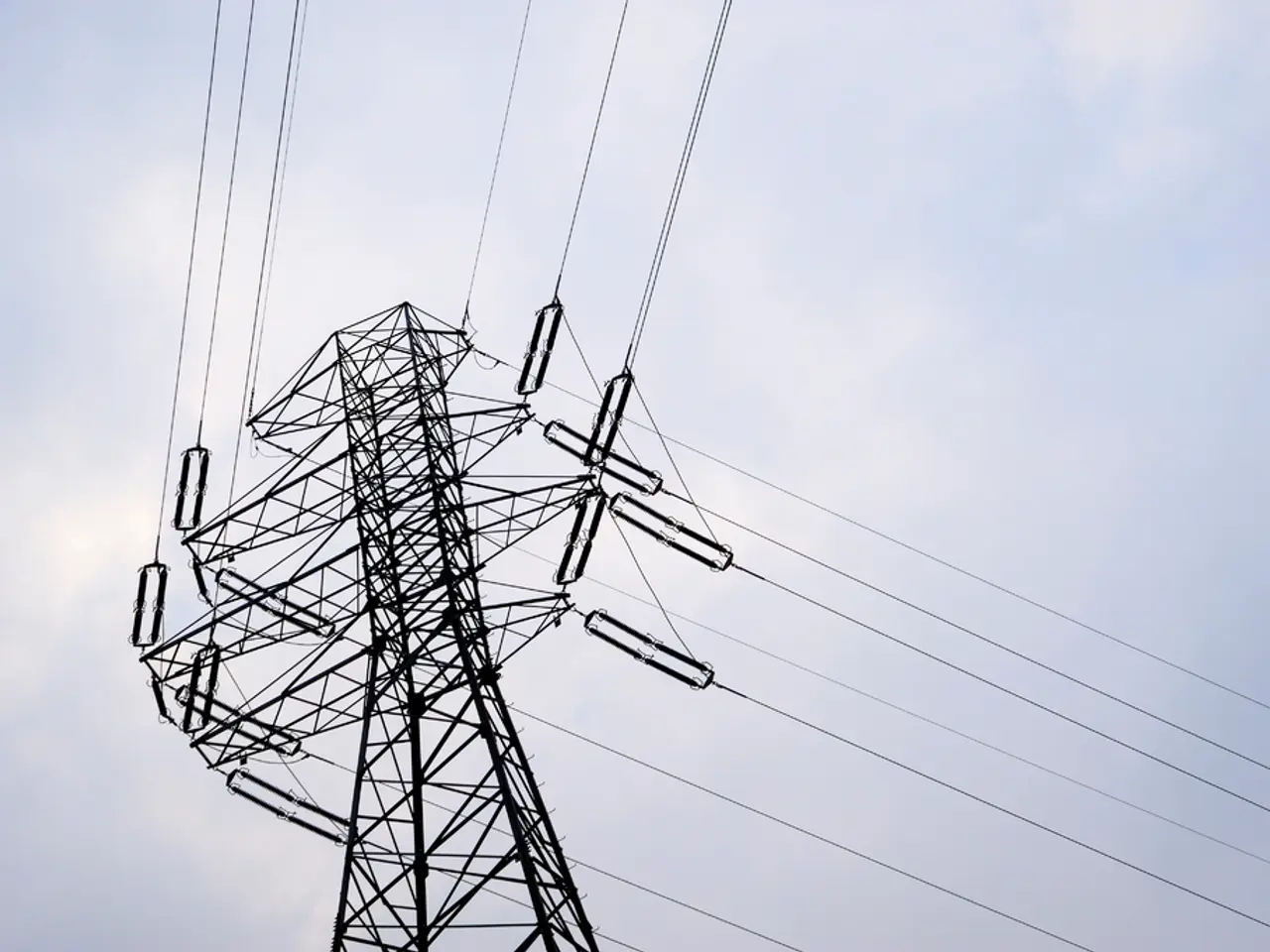Satellite Technology Expansion in Namibia, Amplifying Communication Networks via LEO Satellites by CRAN
In a significant stride towards digital expansion, the Communications Regulatory Authority of Namibia (CRAN) held a public hearing on August 22, 2025, for mobile satellite spectrum applications. This event, part of a "collaborative, forward-thinking regulatory approach" aimed at fostering innovation, marked a significant step in Namibia's digital journey.
The focus of this hearing was on the use of Low Earth Orbit (LEO) satellite constellations, which orbit between 500 and 2,000 km above Earth. Companies like Starlink, OneWeb, IRIS2, and Amazon's Kuiper are developing such LEO satellite constellations, with the primary intention of providing internet connectivity to remote and underserved areas of Namibia.
However, it's important to note that the CRAN public hearing did not involve Starlink's operations directly, following CRAN's previous order for the company to cease operations in Namibia due to the lack of a telecommunications license. As of April 2025, EFTAS Fernerkundung Technologietransfer GmbH has initiated the current satellite technology project in Namibia.
The ultimate goal of the CRAN public hearing is to connect all of Namibia, ensuring no citizen is left behind in the digital age. The hearing aims to ensure spectrum efficiency, minimize interference, and promote fair competition. Despite the hearing not resulting in a decision regarding Starlink's operations, it does signal the CRAN's progress in developing a framework for the legal operation of these services.
The CRAN public hearing also aimed to provide faster, more widespread internet connectivity. These LEO satellite constellations are intended to offer reduced latency and real-time services, making them ideal for bridging the digital divide in remote areas.
The hearing did not specify which companies applied for mobile satellite spectrum, but the progress made is a testament to Namibia's commitment to digital expansion. As the world becomes increasingly interconnected, events such as this public hearing are crucial in ensuring that all citizens have access to the digital world.








